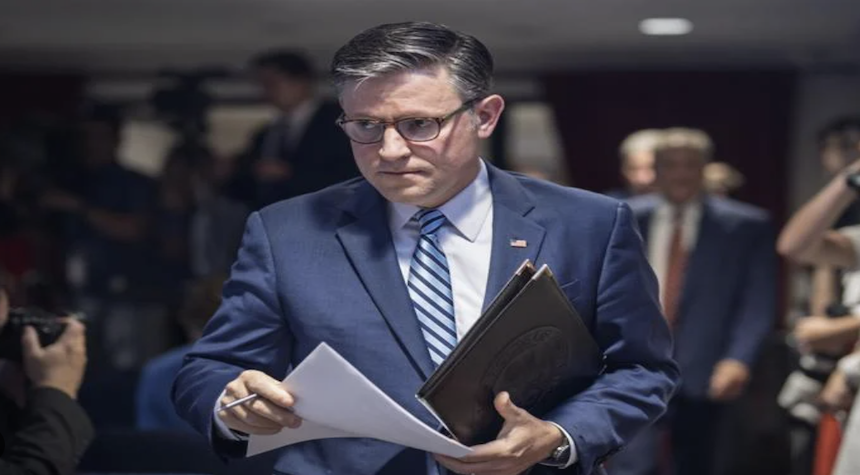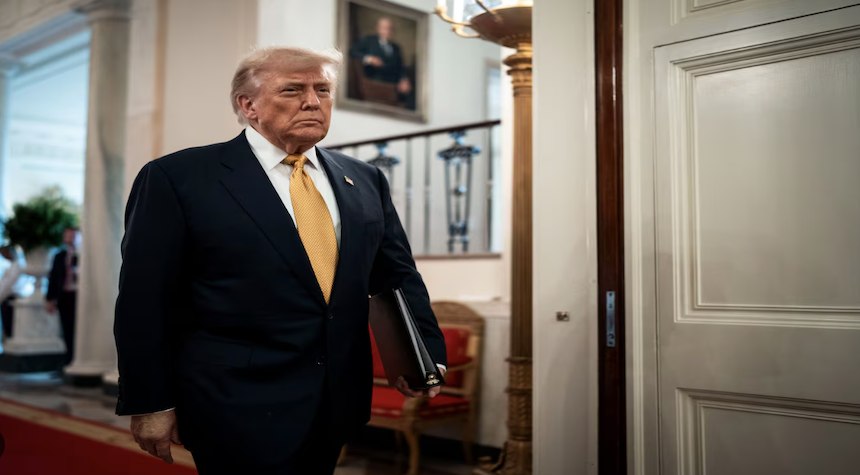The House has given final approval to President Donald Trump’s proposal to cut approximately $9 billion in funding for public broadcasting and foreign aid. This marks the first successful rescissions request by a president to Congress in several decades. Reports indicate that the White House has suggested that this may not be the last of such requests.
The House passed the bill with a narrow margin of 216-213 votes, and it now awaits President Trump’s signature. Speaker Mike Johnson (R-La) had previously remarked on the necessity of these cuts, stating, ‘We need to get back to fiscal sanity and this is an important step.’ However, the proposal did not receive support from the Democratic ranks.

The approved package cancels about $1.1 billion for the Corporation for Public Broadcasting (CPB) and nearly $8 billion for various foreign aid programs. The White House has claimed that the public media system is politically biased and an unnecessary expense. However, this raises important questions about the role of public media and the humanitarian crises that many of these aid programs aimed to alleviate.
The significance becomes clear when we consider the impact of these cuts. Representatives from rural constituencies have voiced concern about the potential implications for local public broadcasting stations. Sen. Lisa Murkowski (R-Alaska) has argued that these stations are essential for broadcasting crucial alerts for natural disasters.
According to reliable sources, the foreign aid cuts include $800 million for a program aimed at providing emergency shelter and family reunification for refugees, as well as a $4.15 billion cut for programs designed to support economies and democratic institutions in developing nations. The White House has argued that these cuts would encourage other nations to take a more active role in responding to humanitarian crises and would serve the American taxpayer.

This development follows earlier reports that Republicans also managed to push through Trump’s tax and spending cut bill without any Democratic support. The Congressional Budget Office has projected that this measure will increase the U.S. debt by about $3.3 trillion over the coming decade.
Some Senators have expressed concern over the process. Senate Armed Services Committee Chairman Roger Wicker of Mississippi, who voted for the bill, cautioned, ‘Let’s not make a habit of this.’ He suggested that the White House wasn’t providing enough information on what exactly would be cut.
The cuts represent a significant shift in the nation’s fiscal policy, with potential long-term implications for public broadcasting, foreign aid, and the nation’s debt. As always, it is crucial that we stay informed and critically engage with these developments.

